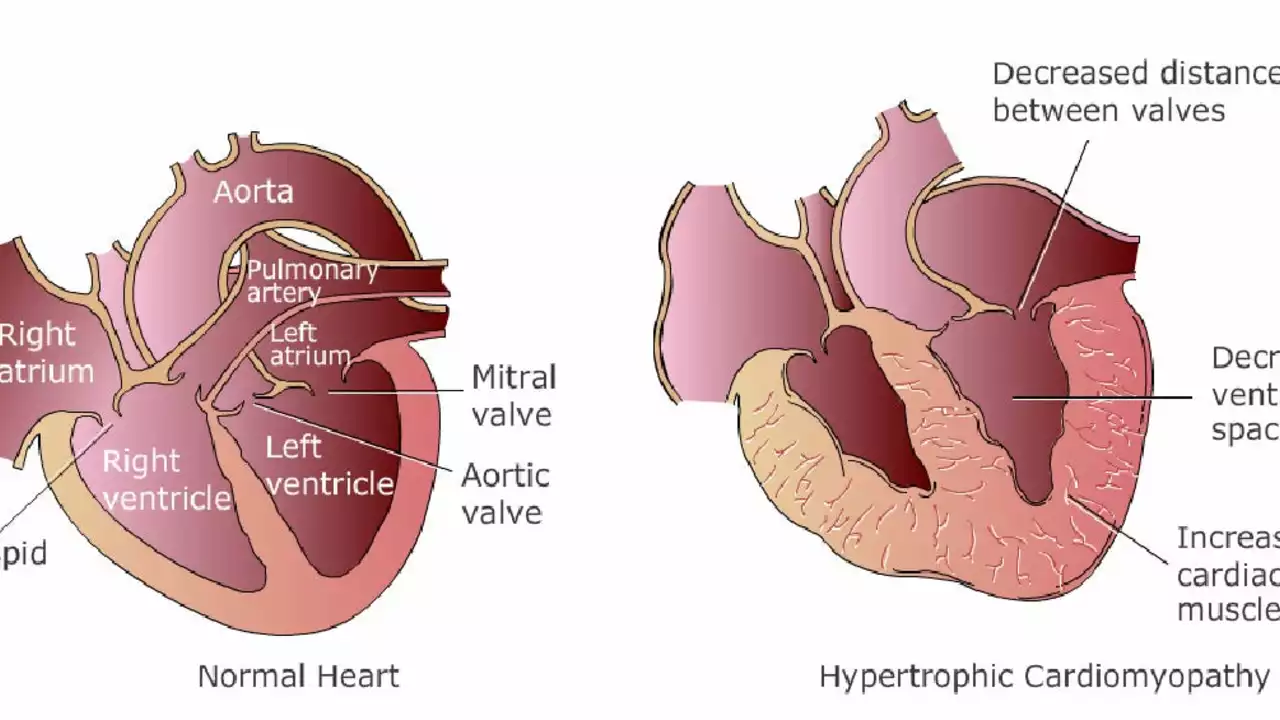Heart tag: clear guides on medications, cholesterol and blood pressure
Heart problems get complicated fast, but you don’t need a medical degree to take smarter steps. Here you’ll find short, practical guides about popular heart drugs, cholesterol management, blood pressure options, and how to buy meds safely. Read the quick summaries below to find the articles that match your situation.
Key articles to read first
Diovan for High Blood Pressure — A clear breakdown of how valsartan works, who benefits, and common side effects. Good if your doctor mentioned Diovan and you want plain answers about effectiveness and real-world use.
Vytorin: Cholesterol Treatment — Explains the combo of simvastatin plus ezetimibe, when doctors pick it, and what to watch for with liver tests and muscle aches.
LDL Cholesterol and Liver Health — Shows how LDL interacts with the liver and why monitoring matters when you take statins or other cholesterol drugs. Useful if you’re tracking numbers and liver enzymes.
Top Alternatives to Chlorthalidone — If a thiazide diuretic causes side effects, this article lists viable options and the trade-offs so you can discuss alternatives with your clinician.
Prescription Savings Apps (2025 review) — Finds tools that cut costs on heart meds. If copays or high prices keep you from filling prescriptions, start here for apps and coupons that actually work.
Quick, practical tips you can use today
Measure at home. Use an automated cuff, take readings twice daily for a week, and bring the log to your appointment. One-off numbers lie; trends matter.
Keep a simple meds list. Write drug name, dose, and why you take it. That prevents dangerous mixes and helps pharmacists spot problems fast.
Watch for red flags: sudden chest pain, breathlessness, fainting, or very fast heartbeat need urgent care. Don't wait it out.
Ask about labs. For many heart drugs you’ll need periodic blood work (kidney, liver, electrolytes). If your doctor hasn’t ordered tests recently, ask why and request them if needed.
Buying meds online? Verify the pharmacy license, require a prescription, avoid prices that look too good to be true, and prefer pharmacies with clear contact details and verified reviews.
Side effects: If you get new muscle pain, extreme fatigue, or swelling after starting a heart drug, pause and call your prescriber. Many reactions are manageable if caught early.
If you want targeted reading, click the article titles under "Key articles" or search this tag for drug names like Diovan, Vytorin, or cholesterol. Every article links to practical steps you can use when talking to your doctor or pharmacist.
Cyclosporine and the Heart: A Comprehensive Guide
Cyclosporine is a powerful immunosuppressant drug that has significantly improved the success rates of organ transplant surgeries, including heart transplants. It works by suppressing the body's immune system, preventing it from attacking the newly transplanted organ. However, like with any medication, there are potential side effects and risks associated with its use. Some studies have shown that cyclosporine can cause high blood pressure and kidney damage, which can, in turn, negatively affect the heart. As a result, it's crucial for doctors and patients to carefully monitor and manage these potential side effects to ensure the best possible outcomes for heart transplant recipients.
Keep ReadingCyclosporine and the Heart: A Comprehensive Guide
As a blogger, I recently came across a comprehensive guide on Cyclosporine and its impact on the heart. Cyclosporine, an immunosuppressive drug, is commonly used to prevent organ rejection after transplantation surgeries. However, it's crucial to be aware of its potential side effects, particularly on the heart. The guide discussed topics like hypertension, cardiotoxicity, and the importance of regular monitoring for those taking Cyclosporine. I highly recommend checking out this guide to better understand the implications of this medication on heart health.
Keep Reading

